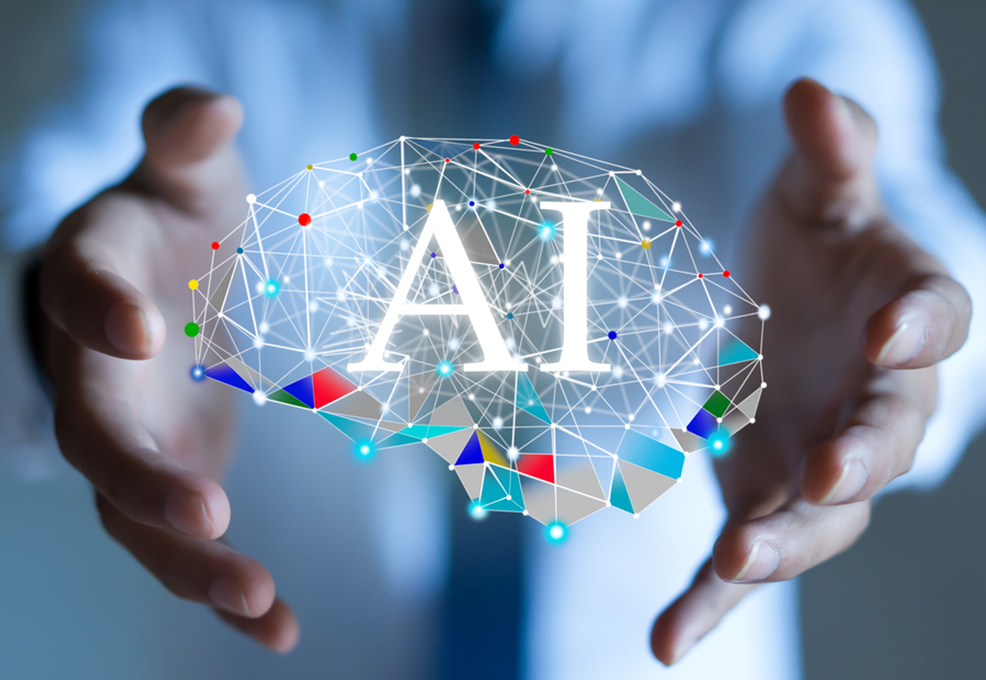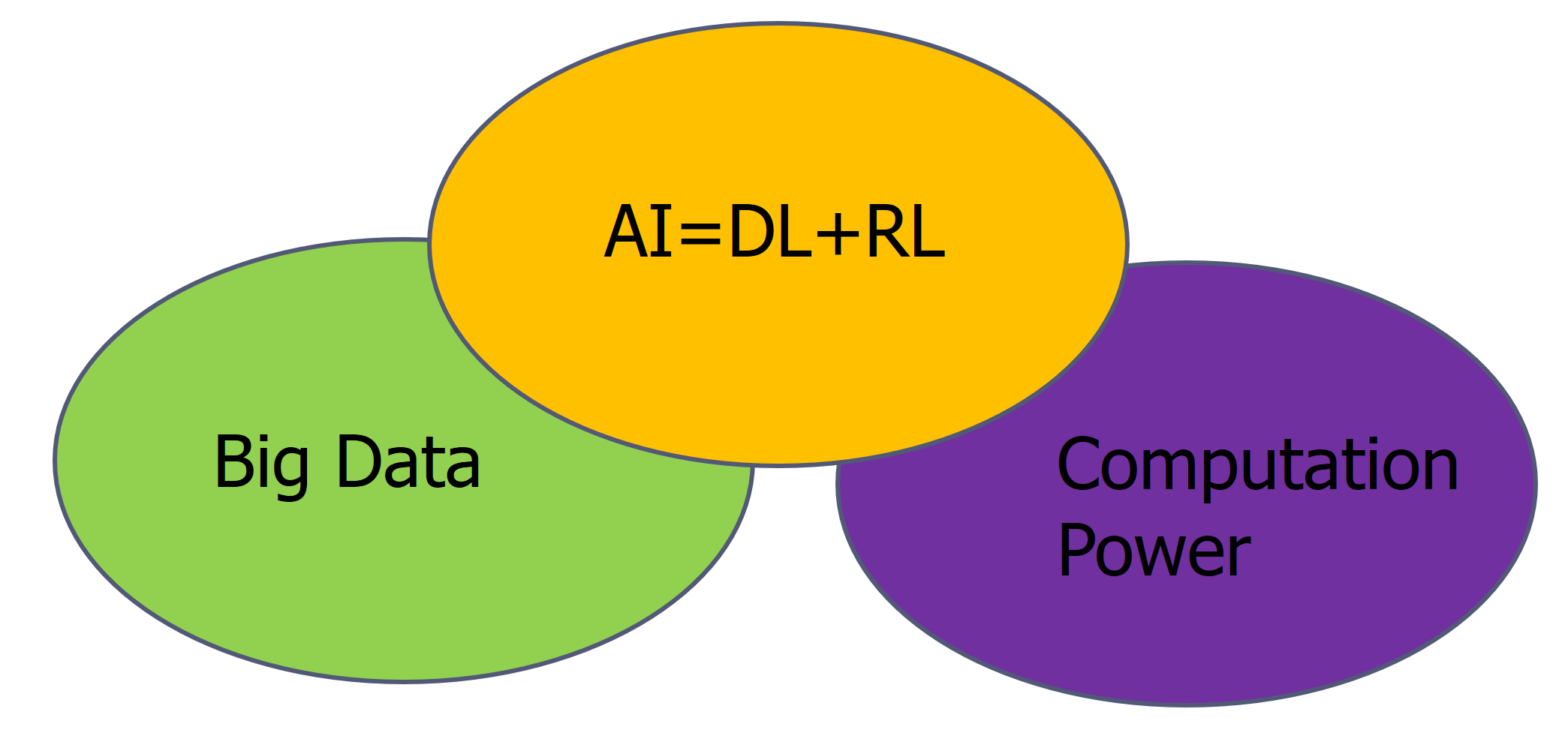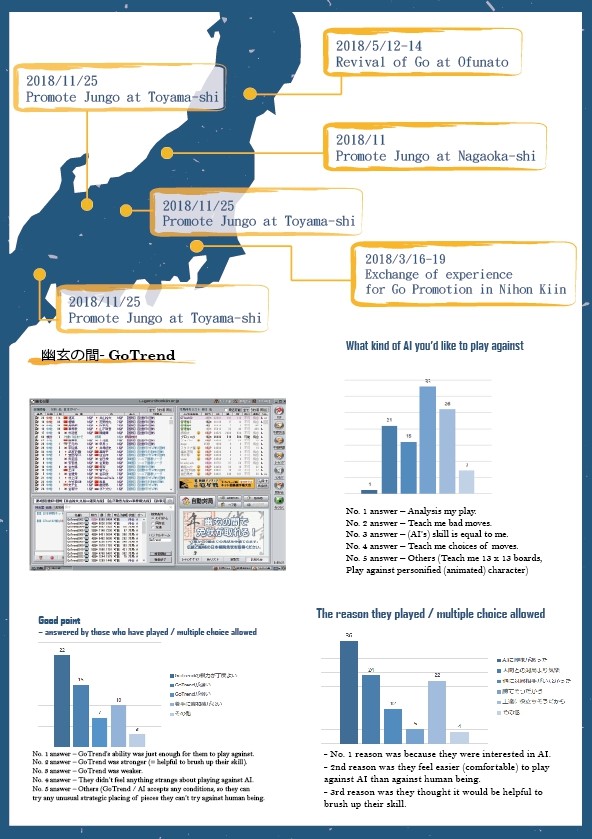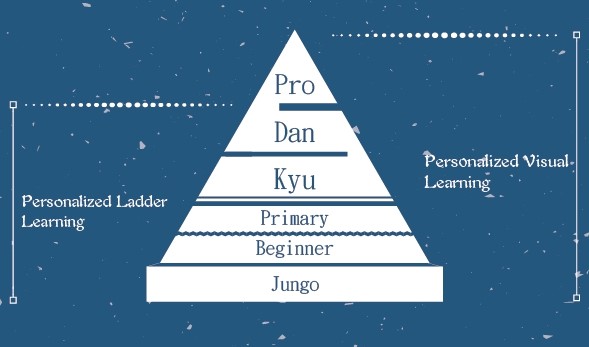Science in Our Daily Lives – Material Sciences

Author(s)
Shi-Jim YenBiography
Shi-Jim Yen is currently a Prof. at the National Dong Hwa University (NDHU). He has specialized in AI and computer games. In these areas, he has published over 100 papers. He is the PI of MOST AI Innovation Research project on AI Computer Games (PAIR@NDHU).
Academy/University/Organization
National Dong Hwa University-
TAGS
-
Share this article
You are free to share this article under the Attribution 4.0 International license
- ENGINEERING & TECHNOLOGIES
- Text & Image
- February 20,2019
It is said that Computer Games is the drosophila of AI. A series of AlphaGo programs created a brand-new history for AI. For the AI services of assisting human learning, we believe computer board games can also play the role of the drosophila. At National Dong Hwa university, an AI project named “AI for the Assistance of Learning Board Games for Humans” starts from the application context of assisting humans in learning the game of Go. Since human Go players have a different process of reasoning compared to the Go programs, we need to develop Go learning methods that are closer to the way humans think. We use DL/RL/DRL to develop teaching methods for Go. We provide human-like Go programs with various strengths, which allow players to learn the game progressively. We collaborate with the Nihon Ki-in (Japan Go Association), with professional player Ming-wan Wang as consultant, and deploy an ample number of AI Go bots on their "Yugen no Ma" Go playing website. Currently, these bots are very popular among Japanese players, with over 120 million cumulative service counts.
By exploring various types of games in this project, we could spark numerous new DL/RL/DRL technologies. Technologies with practical value will be subject to applying for patents or technology transfer. This would benefit our domestic research capacity and international prestige in these fields. Also, we could nurture domestic professionals, so that we will be able to catch up with the "golden age of AI."
Nowadays, due to advanced algorithms, increased data volumes, and improvements in computing power and storage, AI has become more and more popular and important. AlphaGo is an AI milestone. Since 2016, Google has published several versions of their Go-playing program “AlphaGo.” AlphaGo has used various AI techniques including Deep Learning (DL), Reinforcement Learning (RL), and Deep Reinforcement Learning (DRL). AlphaGo has attracted people from all over the world. David Silver, the main developer of AlphaGo, believes that AI is RL plus DL. In addition, data and hardware also play important roles in AI. Graphical Processing Units (GPU) are the key to AI because they provide the heavy computing power which iterative processing requires. Training deep neural networks requires big data plus computing power.

Figure 1 The important components of modern AI.
It is said that Computer Games is the drosophila of AI. A series of AlphaGo programs created a brand-new history for AI. For the AI services of assisting human learning, we believe computer board games can also play the role of the drosophila. At National Dong Hwa university, an AI project named “AI for the Assistance of Learning Board Games for Humans” starts from the application context of assisting humans in learning the game of Go. Since human Go players have a different process of reasoning compared to the Go programs, we need to develop Go learning methods that are closer to the way humans think. DL takes inspiration from human cognitive processes and is similar to human intuition. As a result, the Go programs developed with DL generate plays that feel more human. We use DL/RL/DRL to develop teaching methods for Go, including game board evaluation, life and death, seki, and endgame analysis. We provide human-like Go programs with various strengths, which allow players to learn the game progressively.
With the rise of AI, humans need better logical decision-making and critical thinking skills more than ever. Board games are great tools for logical thinking. For children, playing board games helps them develop logical thinking ability, and cultivates their resilience and perseverance. For the elderly, a gerontology research institute in Japan showed that Go can improve cognitive functions. Thus, we have designed a simplified version of Go, called JunGo, and promoted it at long-term care facilities.
Internationally, Japan has the largest market for Go. We collaborate with the Nihon Ki-in (Japan Go Association), with professional player Ming-wan Wang as consultant, and deploy an ample number of AI Go bots on their "Yugen no Ma" Go playing website. Currently, these bots are very popular among Japanese players, with over 120 million cumulative service counts. These AI services employ AI technologies including DL/RL/DRL and Adversarial Networks. With these technologies, we could develop AI functionalities to enable humans to learn and teach, which was impossible in the past.

Figure 2. The Jungo activities in Japan and the questionnaire for the users in the Yugen no Ma this year.
Our project provided over 120 million cumulative AI Go service count.

Figure 3. Learning gradient and teaching through visual analysis for various level Go players.
STAY CONNECTED. SUBSCRIBE TO OUR NEWSLETTER.
Add your information below to receive daily updates.




